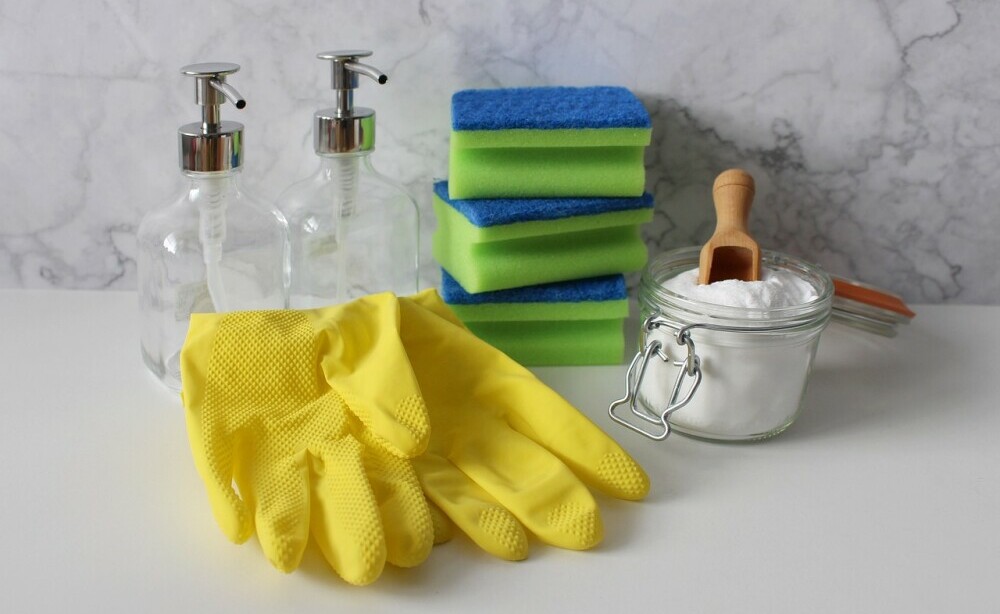Spring Cleaning – Maintenance and Care Tips for Medical Equipment: Extending lifespan and ensuring safety.

Spring is here, and it’s time to do some cleaning and maintenance on your home medical equipment. Whether you have a wheelchair, a hospital bed, or other medical equipment, it’s essential to keep it in good condition to ensure that it lasts as long as possible and is safe to use.
Gather Your Supplies:
- Mild detergent: Opt for a gentle dish soap or a solution specifically designed for cleaning medical equipment. Avoid harsh chemicals like bleach or ammonia, which can damage some materials.
- Warm water: Not too hot, as this can warp some plastics.
- Soft cloths: Microfiber cloths are ideal for most surfaces as they won’t leave behind lint.
- Disinfectant wipes (optional): Check your DME manufacturer’s instructions for approved disinfectants. Never use them directly on the equipment unless specifically advised.
- Cotton swabs (optional): Useful for reaching tight spaces.
- Replacement filters (if applicable): For equipment with filters, spring cleaning is a good time to replace them according to the manufacturer’s recommendations.

Here are some tips on how to care for your medical equipment:
1. Clean Your Equipment Regularly
Regular cleaning is essential to prevent the buildup of dirt and bacteria that can cause infections. Use a mild detergent and warm water to clean your equipment, and dry it thoroughly with a soft cloth. Avoid using harsh chemicals that could damage the equipment.
2. Check for Damage
Check your equipment regularly for signs of damage, such as cracks, tears, or worn-out parts. If you notice any damage, make sure to have it repaired or replaced immediately. Using damaged equipment can be dangerous and can lead to further damage or injury.
3. Lubricate Moving Parts
Moving parts such as wheels and hinges can become stiff and difficult to move over time. Lubricating these parts can help keep them working smoothly and prevent damage. Use a lubricant that is recommended for your specific equipment.
4. Check the Batteries
If your equipment is battery-operated, make sure to check the batteries regularly and replace them when needed. Using old or worn-out batteries can cause the equipment to malfunction or stop working altogether.
5. Store Your Equipment Properly
Proper storage is crucial to extending the life of your medical equipment. Store it in a dry, cool place away from direct sunlight and heat sources. Make sure to cover it with a protective cover to prevent dust and dirt from accumulating.

Taking care of your medical equipment is essential to ensure its longevity and safety. Regular cleaning, checking for damage, lubricating moving parts, checking batteries, and proper storage are all crucial steps in maintaining your equipment. By following these tips, you can extend the lifespan of your equipment and ensure that it is always safe to use.

